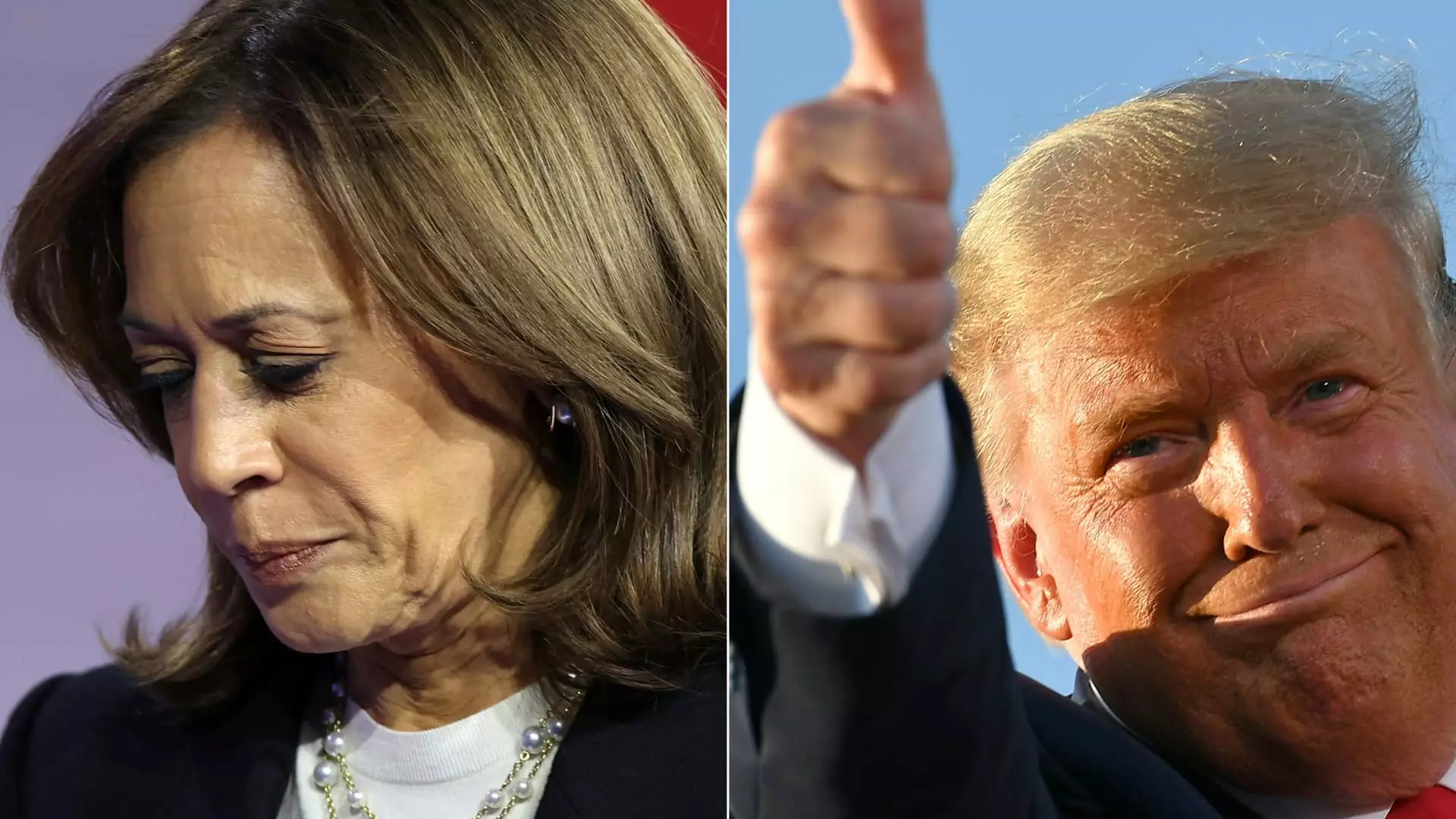Arizona, once a steadfast Republican stronghold, has experienced significant political upheaval in recent years. The election of President-elect Donald Trump, projected by NBC News following a tight race against Vice President Kamala Harris, indicates that the state is reverting to its GOP roots after a brief but impactful Democratic interlude. Trump’s victory, having narrowly lost the state in 2020, underscores a growing trend of fluctuating allegiance among Arizonan voters. Historically, the state granted its electoral votes to Republican candidates, with Trump’s defeat by Joe Biden marking only the second time in nearly three decades a Democrat secured a win there.
The political dynamics in Arizona have been reshaped by various factors, including demographic shifts and the evolving priorities of the electorate. The rise in the Latino population and a notable fragmentation within the Republican Party, particularly among traditional conservatives who disavowed Trump, contributed to the state’s transformation into a contentious battleground. These changes paved the way for Democratic victories across several key offices, including both U.S. Senate seats and the governorship.
Arizona’s political climate is characterized by razor-thin margins, a reality exemplified by Biden’s victory in 2020, where the difference was a mere 10,457 votes—a scant 0.3 percentage points. This competitive environment has made Arizona a focal point for national political strategies, with both parties recognizing the importance of the state’s 11 electoral votes. Despite the recent Democratic successes, Trump’s resurgence indicates a regain of ground for the GOP amid shifting voter sentiments.
Polling data in the lead-up to the 2024 election suggested that Trump had a slight advantage against Harris, albeit typically within the margin of error. The ability of candidates to connect with Arizonans is particularly crucial given the state’s varied demographic, economic concerns, and its residents’ issues of day-to-day living. Factors such as high gas prices played into the voters’ perception of the economy, impacting their electoral decisions.
The Border and Local Issues as Campaign Staples
Critical to Trump’s campaign strategy in Arizona has been his focus on two pertinent issues: the economy and immigration. Following an alarming rise in gas prices, Trump’s message resonated with many voters who felt the strain of inflation and economic uncertainty. The backdrop of the Arizona-Mexico border has also served as a fitting stage where both Trump and Harris staged pivotal campaign appearances, making immigration a contentious talking point.
Despite the strategic advantages of these core issues, Trump’s overall campaign strategy faced significant challenges as it was overshadowed by Harris’ well-funded and organized efforts across the state. In this context, Republicans saw a resurgence in voter registration that may signify a revival of party strength. However, the outcomes of previous elections serve as a haunting reminder of just how volatile the political scene is in Arizona, where movements towards moderation or extremism can easily alter the map.
As Trump edges back into Arizona’s political landscape, the question remains whether the state will revert fully to its Republican past or continue to embrace some Democratic ideologies. The remnants of discontent among voters towards Trump’s earlier term and the radical claims of electoral fraud may linger, complicating the future political narrative in Arizona. The path ahead for both parties will require astute understanding and adaptation to the evolving political climate, where every vote counts in a landscape defined by close contests and shifting loyalties.


Leave a Reply